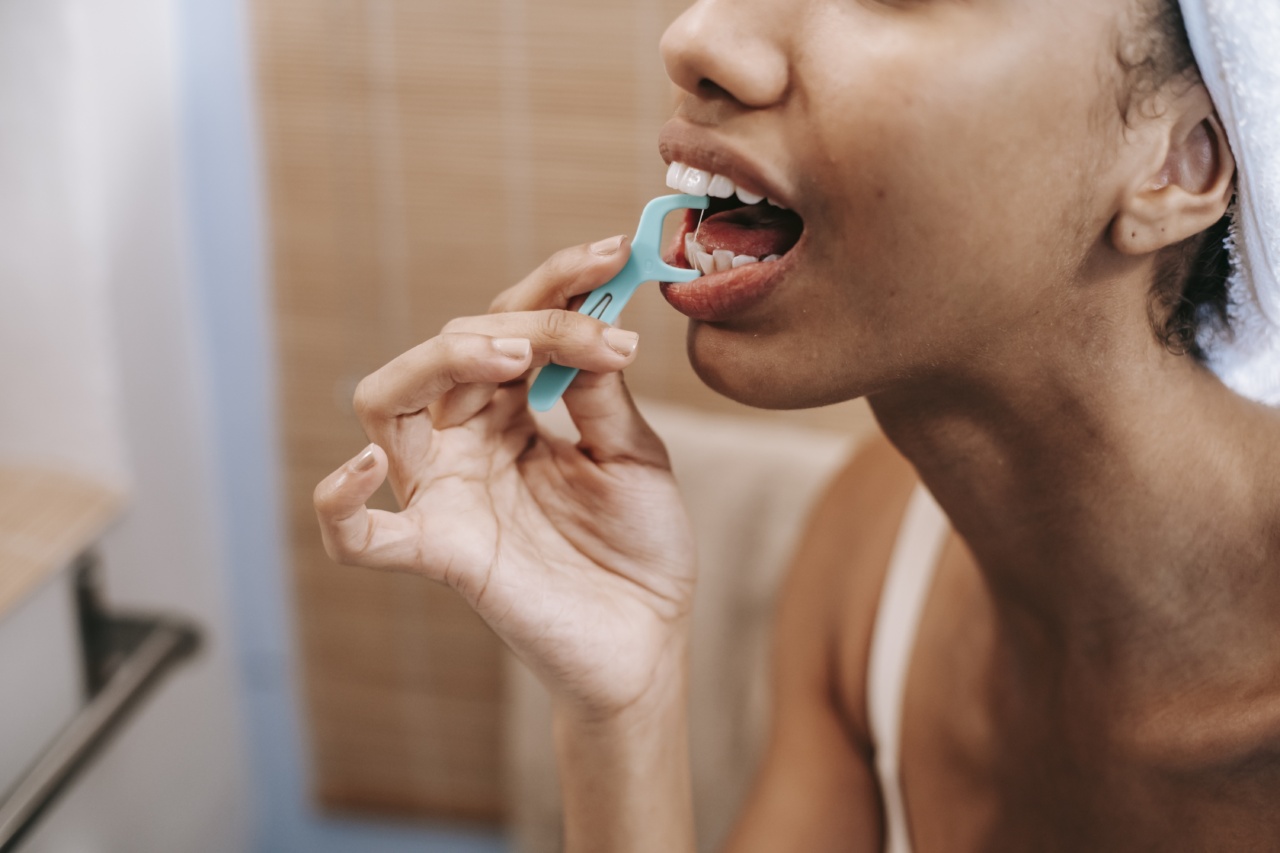Headaches are a common ailment that many people experience, and the causes can range from something as simple as dehydration to more serious medical conditions. However, some everyday habits that people engage in can also trigger headaches or migraines.
These habits may not seem like a big deal, but they could be the reason why you have a throbbing headache right now. In this article, we will explore ten everyday habits that could be causing your headaches.
1. Not drinking enough water
Dehydration can cause headaches for some people. When your body is dehydrated, it can affect the flow of blood and oxygen to the brain, leading to symptoms like headaches or migraines.
The solution is simple: drink more water. Experts recommend that adults drink at least eight glasses of water a day to stay hydrated.
2. Consuming too much caffeine
Caffeine is a stimulant that can help you stay alert and focused. However, consuming too much caffeine can cause headaches, especially if you suddenly cut back on your caffeine intake.
If you’re a heavy coffee drinker, try cutting back on your caffeine intake gradually. You can also switch to decaf or tea to reduce your caffeine consumption.
3. Skipping meals
Skipping meals can also cause headaches, especially if you’re prone to low blood sugar or hypoglycemia. When you skip a meal, your blood sugar levels drop, which can trigger headaches or migraines.
Make sure to eat regular meals throughout the day, and keep healthy snacks on hand to prevent hunger and headaches.
4. Using electronic devices for too long
Staring at a screen for hours on end can strain your eyes and lead to tension headaches or eye strain. The blue light emitted by electronic devices can also disrupt your sleep patterns, leading to headaches or migraines.
If you work on a computer all day, take regular breaks to rest your eyes and stretch your muscles. You can also try using blue light blocking glasses or reducing your screen time before bed.
5. Consuming processed or artificial foods
Processed foods and artificial sweeteners can contain additives like MSG or aspartame that can trigger headaches or migraines in some people. If you notice that certain foods or drinks trigger your headaches, try to avoid them in the future.
Instead, focus on eating whole, nutritious foods like fruits, vegetables, and lean proteins, which can help alleviate headaches and improve your overall health.
6. High levels of stress
Stress can cause tension headaches or migraines in some people. When you’re stressed, your muscles tense up, and you may clench your jaw or grind your teeth, which can cause headaches.
Practice stress-relieving activities like yoga, meditation, or deep breathing exercises to help alleviate tension and prevent headaches.
7. Lack of sleep
Not getting enough sleep or having poor sleep quality can lead to headaches or migraines. When you’re sleep-deprived, your body can become more sensitive to pain, and your brain may have trouble regulating pain signals.
Try to get at least seven to eight hours of sleep each night, and practice good sleep hygiene habits like avoiding caffeine and electronics before bed.
8. Poor posture
Poor posture can cause tension headaches or neck pain, especially if you spend a lot of time sitting at a desk or using electronic devices.
Make sure to sit up straight and keep your shoulders relaxed, and take regular breaks to stretch and move around throughout the day.
9. Drinking alcohol
Drinking alcohol can also trigger headaches or migraines in some people. Alcohol can cause dehydration, which can lead to headaches, and some types of alcohol like red wine contain histamines that can cause allergic reactions or headaches.
Try to limit your alcohol consumption, and drink plenty of water alongside your drinks to stay hydrated.
10. Certain medications
Some medications can cause headaches as a side effect. For example, overuse of pain relief medications like aspirin or ibuprofen can lead to rebound headaches or chronic migraines.
Birth control pills or hormone replacement therapy can also cause headaches or migraines in some women.
If you’re experiencing headaches as a side effect of a medication, speak to your doctor about your options. They may be able to adjust your dosage or prescribe a different medication to help alleviate your symptoms.
Conclusion
Headaches can be painful and disruptive to your daily life, but many everyday habits can trigger them.
By making small changes to your lifestyle, such as drinking more water, reducing your caffeine intake, and getting enough sleep, you can help prevent headaches and improve your overall health.






























